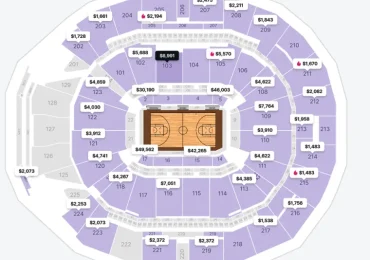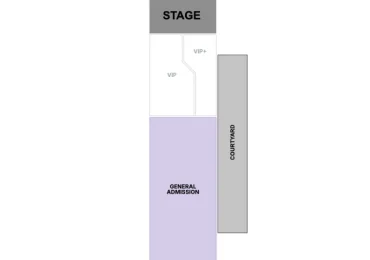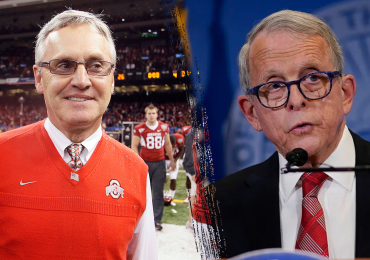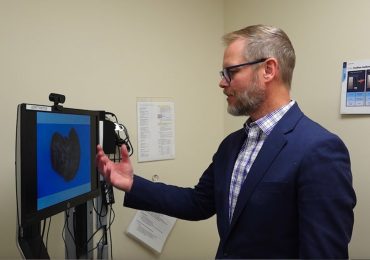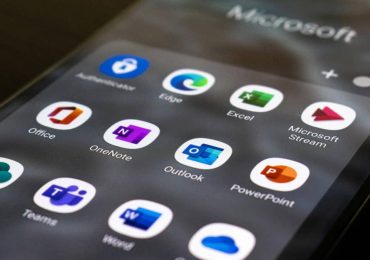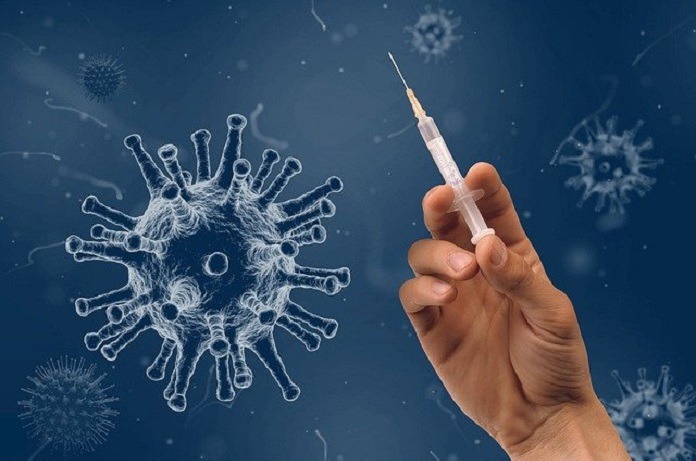
Vaccine uptake has varied worldwide, with some countries still experiencing higher rates of first COVID-19 vaccine dose compared with a second dose, suggesting some people may be skipping their second dose of the COVID-19 vaccine. A recent study suggests why this might not be a good choice.
Conventionally, the approval of new vaccines worldwide has always been a lengthy and systematic process. From an immunological perspective, new vaccines must be successful at inducing the production of neutralizing antibodies, made by specific immune cells called B cells, that block a virus from infecting the body.1
Pfizer and Moderna COVID-19 vaccines
The Pfizer and Moderna vaccines function similarly, in the sense that they both contain the mRNA code necessary for manufacturing SARS-Cov-2 spike proteins.1SARS-Cov-2 is the scientific term for the virus that causes COVID-19, and this virus uses spike proteins to infect the cells of its human host.
The mRNA vaccines developed by Pfizer and Moderna work differently from conventional vaccines. For instance, classic vaccines are typically composed of either the pre-manufactured individual proteins themselves or pathogens that strengthen the response of the immune system to a specific microbe.1
Importance of the second dose
Representing a new landmark in the field of vaccinology, the emergency use of two mRNA vaccines has been authorized within a year of the onset of the pandemic.2 After all, as remarked by Dr. Pulendran, pathology professor at Stanford University School of Medicine, “this is the first time RNA vaccines have ever been given to humans.”1
According to a study conducted by researchers at Stanford University, a second dose of the COVID-19 vaccine has been found to provide people with a strong immune system boost.1 Such conclusions were drawn following the analysis of a vast selection of blood samples from people that had been immunized with the Pfizer vaccine.
Specifically, investigators measured the complete gene expression of 242,479 distinct types of immune cells, as well as levels of antibodies and immune-signalling proteins in the blood samples.3
Should you skip your second dose of the COVID-19 vaccine?
The research team concluded that the first shot of the COVID-19 vaccine increases antibody levels for SARS-CoV-2 in the body, but not nearly as much as the second dose.3 Likewise, Dr. Pulendran asserted that “the second shot has powerful beneficial effects that far exceed those of the first shot… it stimulated a manifold increase in antibody levels, a terrific T-cell response that was absent after the first shot alone, and strikingly enhanced innate immune response.”1
Surprisingly, the second dose of the vaccine was also found to mobilize and increase the count of a newly discovered group of first-responder cells, classified as monocytes, by 100 times in blood cells.1
As this surge in monocytes has been specifically associated with the second shot of the COVID-19 vaccine, this has provided even more incentive for the public to receive the second dose.
References
- Stanford Medicine. (2021, July 19). Study shows why second dose of COVID-19 vaccine shouldn’t be skipped. EurekAlert! https://www.eurekalert.org/pub_releases/2021-07/sm-ssw071921.php.
- Polack, F.P., Thomas, S.J., Kitchin, N. et al. Safety and Efficacy of the BNT162b2 mRNA Covid-19 Vaccine. The New England Journal of Medicine (2020). https://doi.org/10.1056/NEJMoa2034577
- Arunachalam, P.S., Scott, M.K.D., Hagan, T. et al. Systems vaccinology of the BNT162b2 mRNA vaccine in humans. Nature (2021). https://doi.org/10.1038/s41586-021-03791-x
- Image by Wilfried Pohnke from Pixabay

